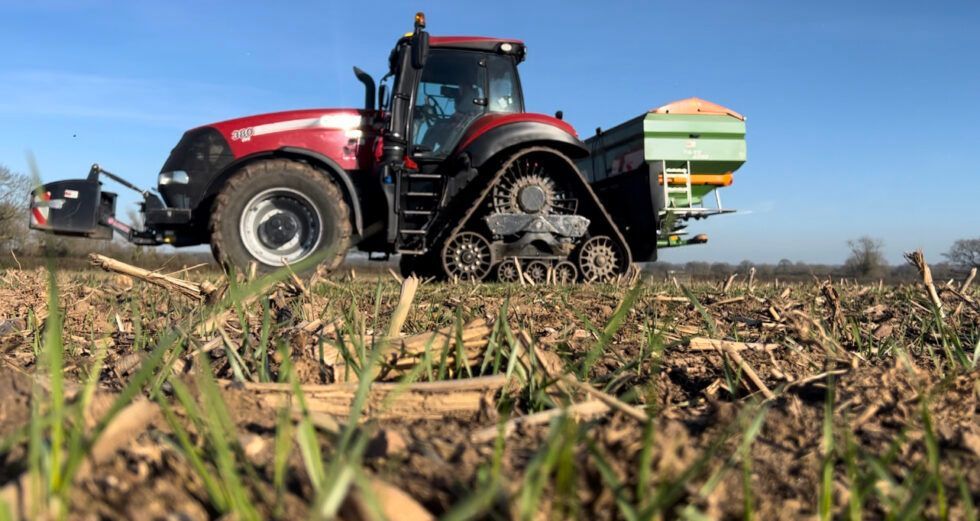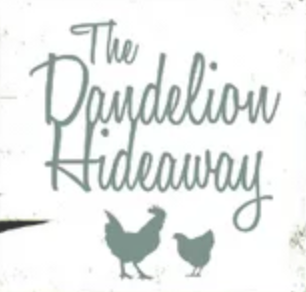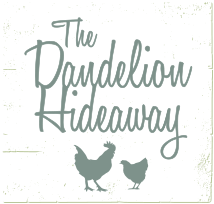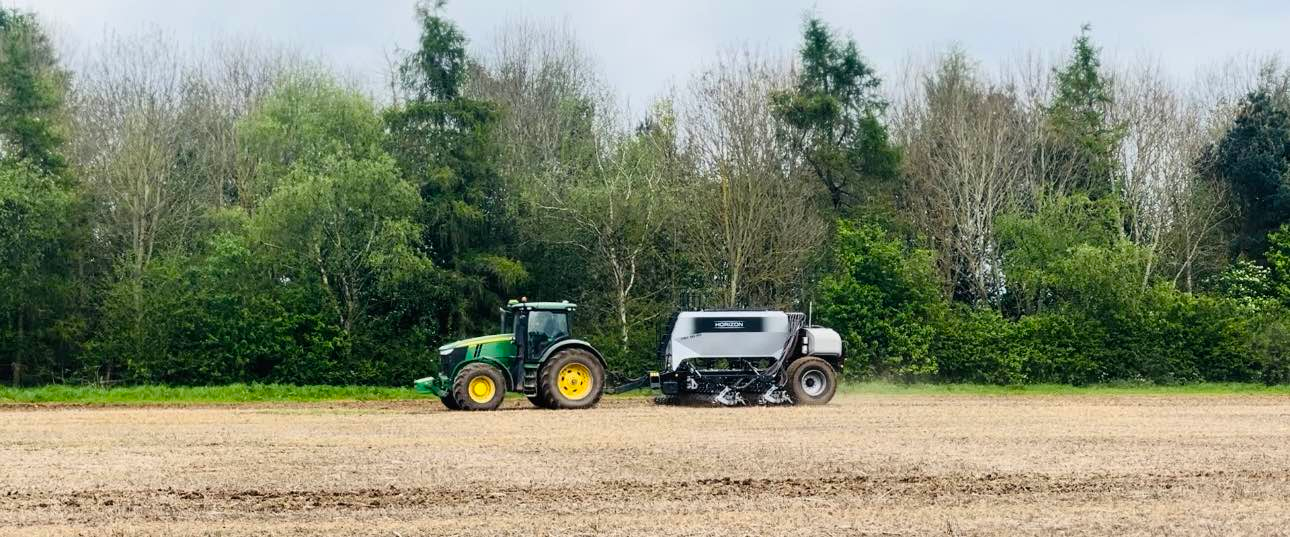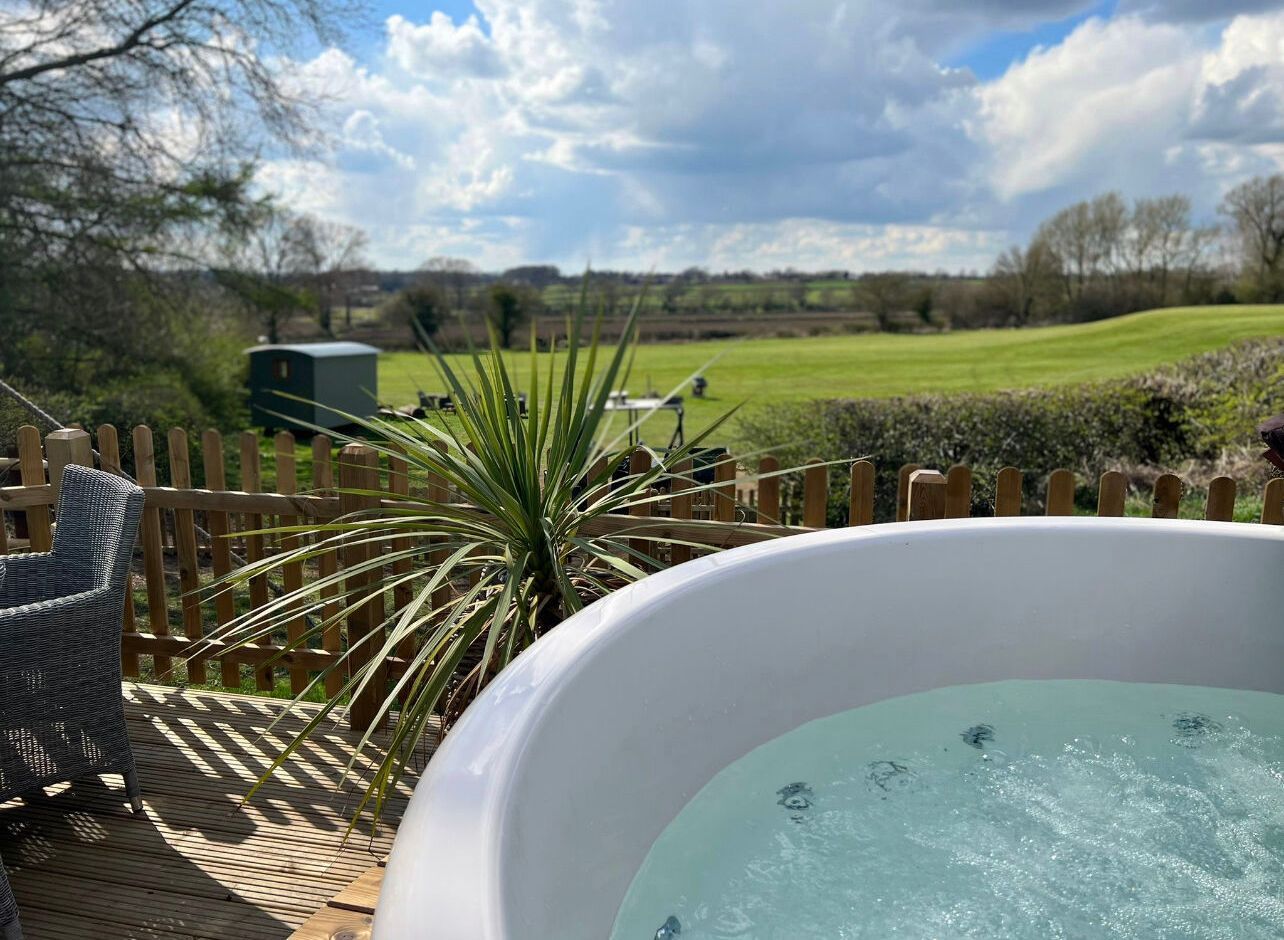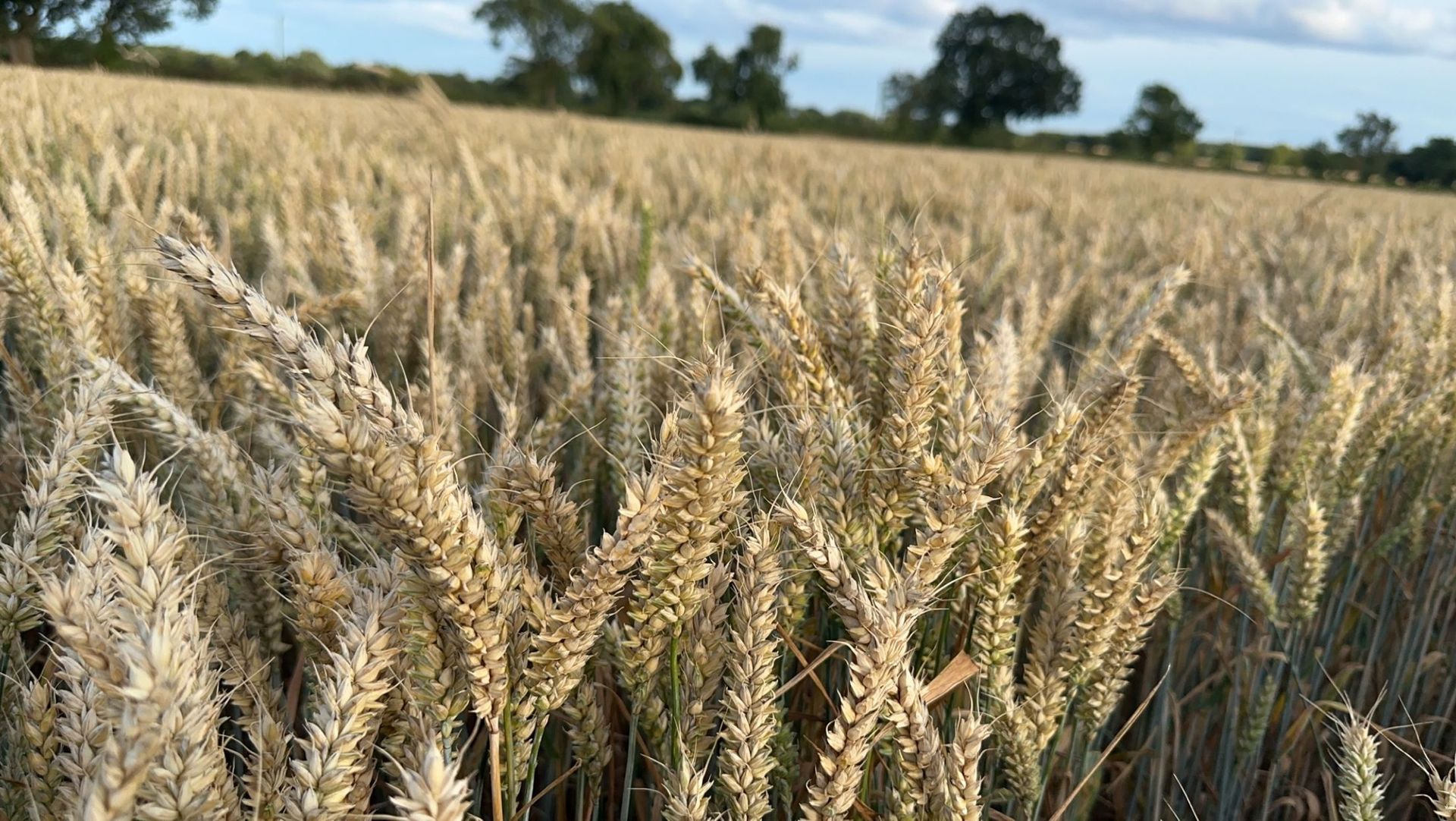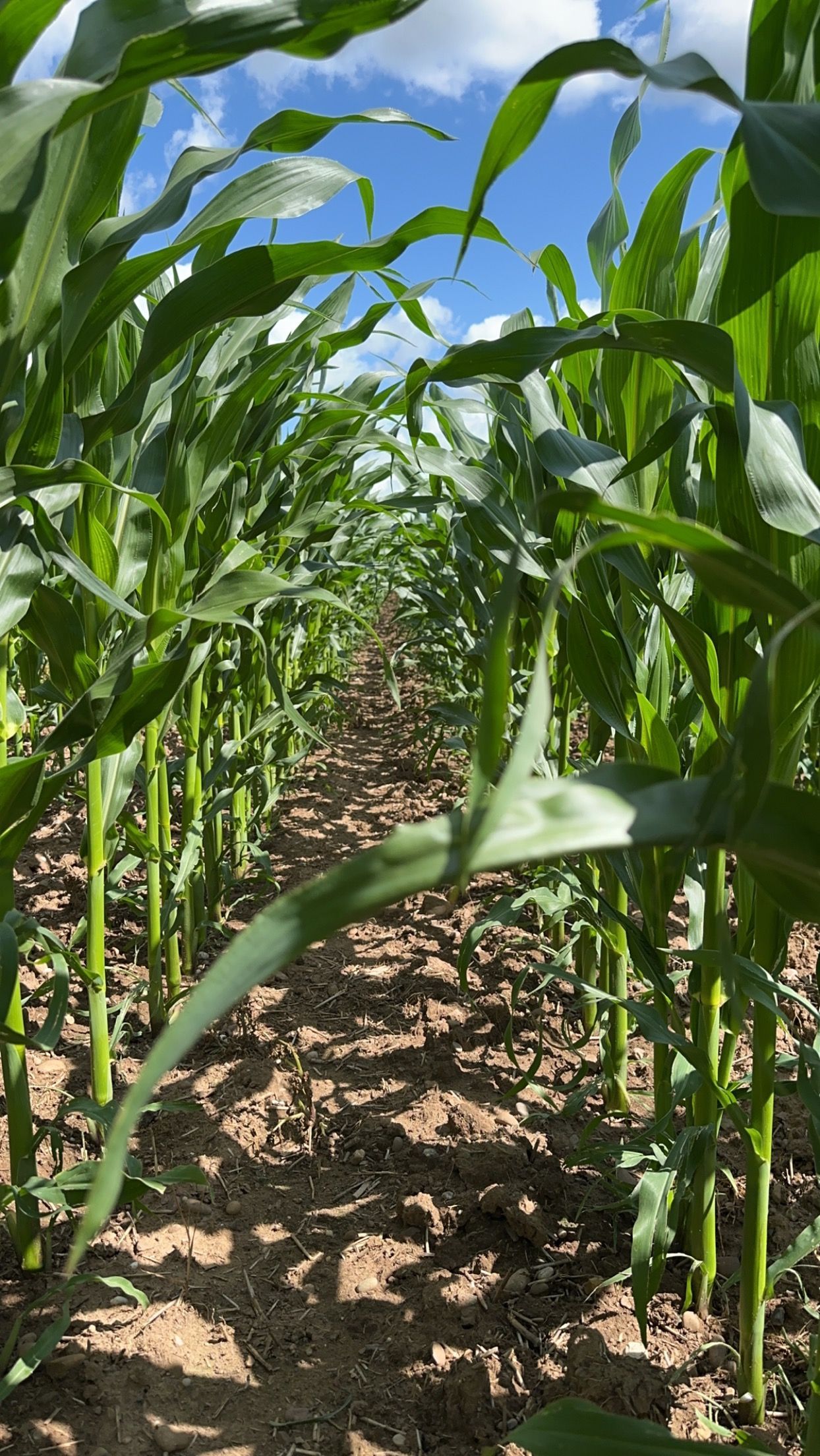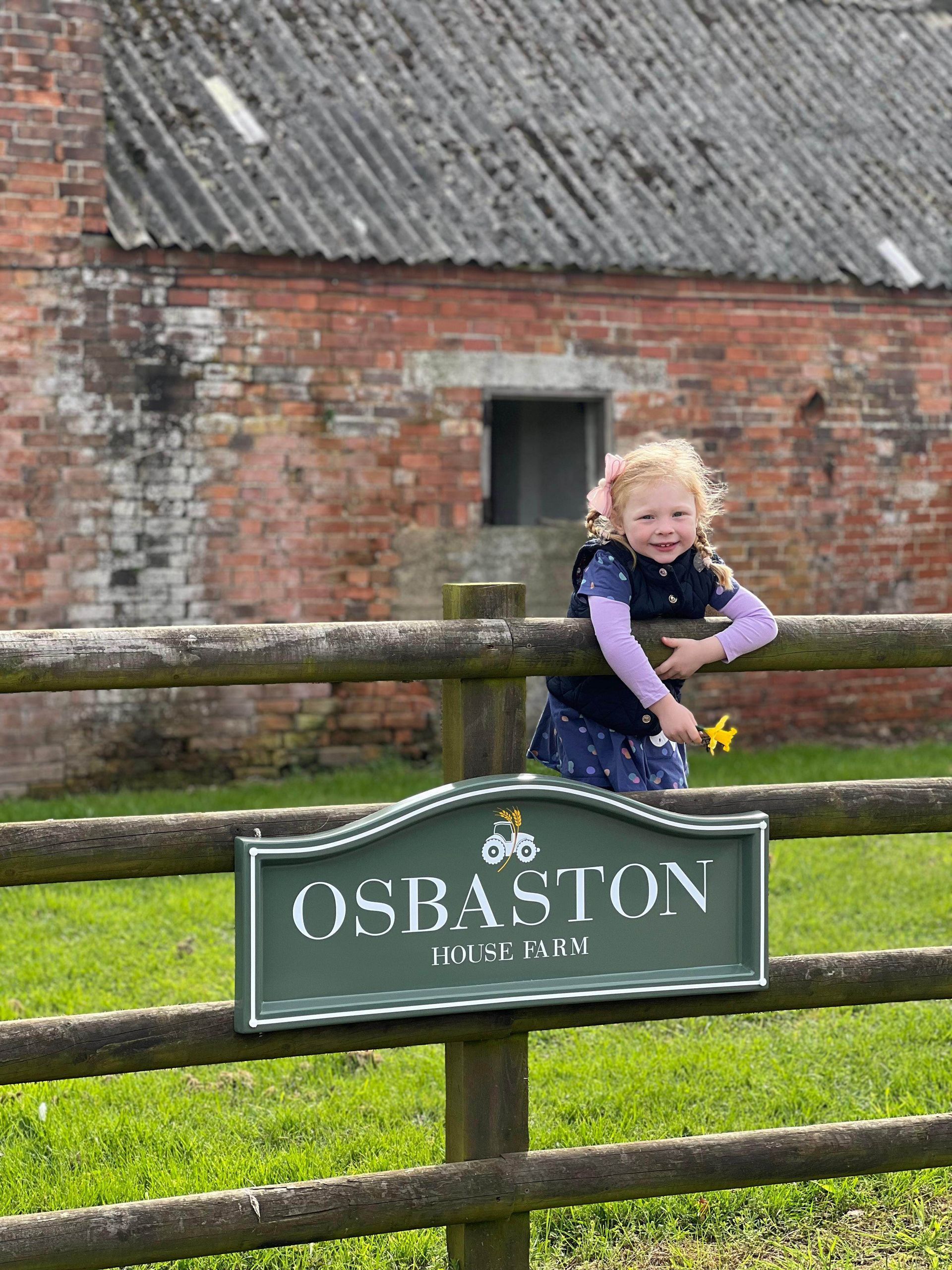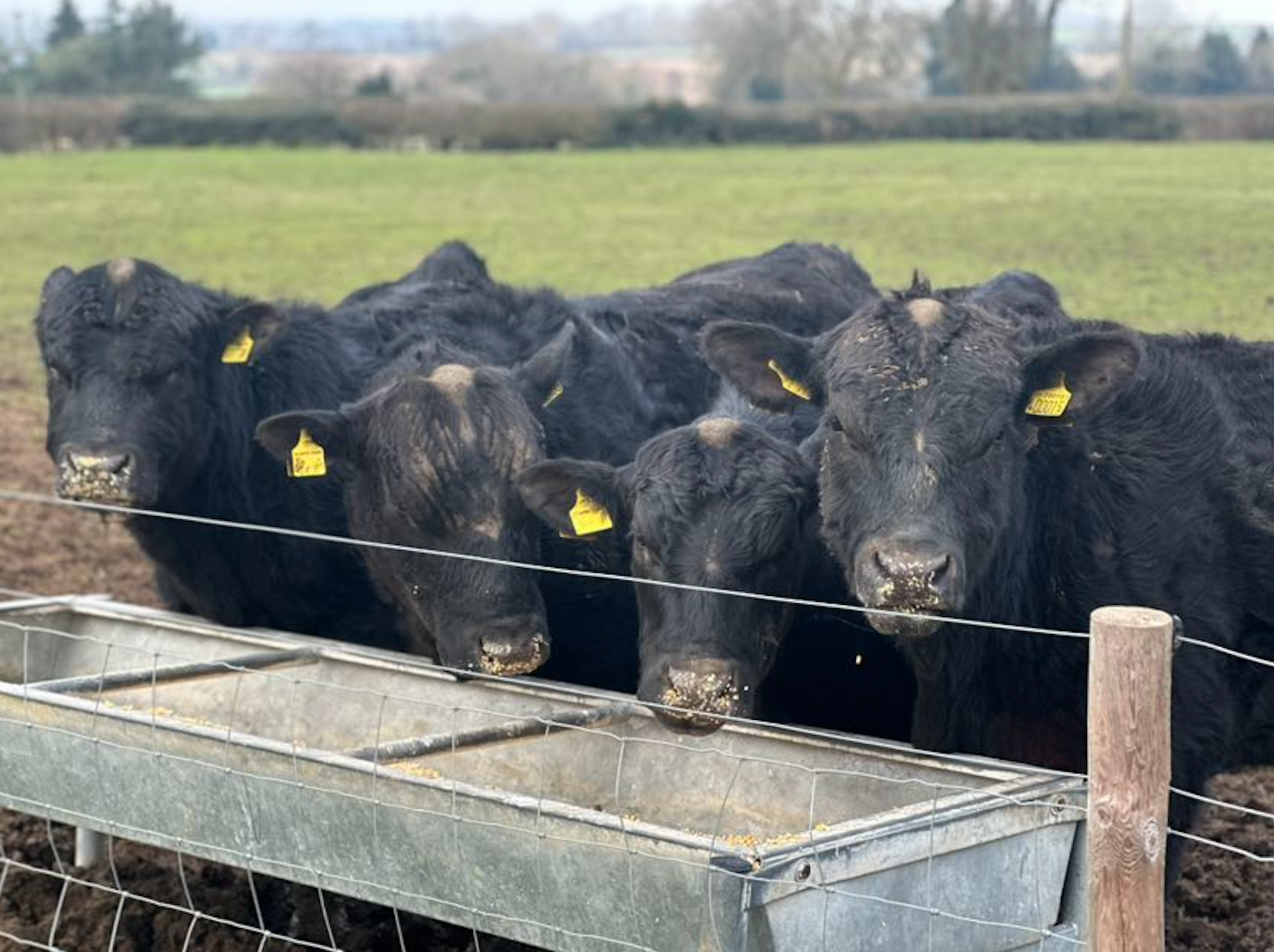Sunshine, Farming Challenges, and Regenerative Solutions: Farmer Will's June at The Dandelion Hideaway Glamping Site
Sunshine, Farming Challenges, and Regenerative Solutions: Farmer Will's June at The Dandelion Hideaway Glamping Site
Farming has been particularly challenging this year, and the occasional June sunshine has been greatly appreciated. Our Farmer Will has been especially busy, engaging with other farmers and sharing knowledge at various events. This is all part of our ongoing effort to continually learn and improve our farming methods.
In June, Will had the opportunity to speak at Cereals, where he addressed the crucial topic of land drainage. The excessive rain we've experienced this year has underscored the importance of effective drainage systems. Poor drainage can lead to waterlogged fields, which in turn can damage crops and reduce yields. By implementing proper drainage solutions, we can protect our crops and ensure better growth conditions, ultimately leading to more robust harvests.
Will's journey this month also includes a visit to the Canterbury Farmers Club. Here, he will engage with local farmers, discussing our farming techniques and exchanging ideas. These interactions are invaluable, as they allow us to learn from the experiences of others and share our own insights, fostering a collaborative spirit within the farming community.
A highlight of the month is Will’s participation in a panel session at Groundswell, where he will join two other farmers to discuss their “regenerative farming” journey. Regenerative farming is a holistic approach that focuses on improving soil health, increasing biodiversity, and enhancing ecosystem resilience. This method goes beyond sustainable farming by actively working to restore and regenerate the land.
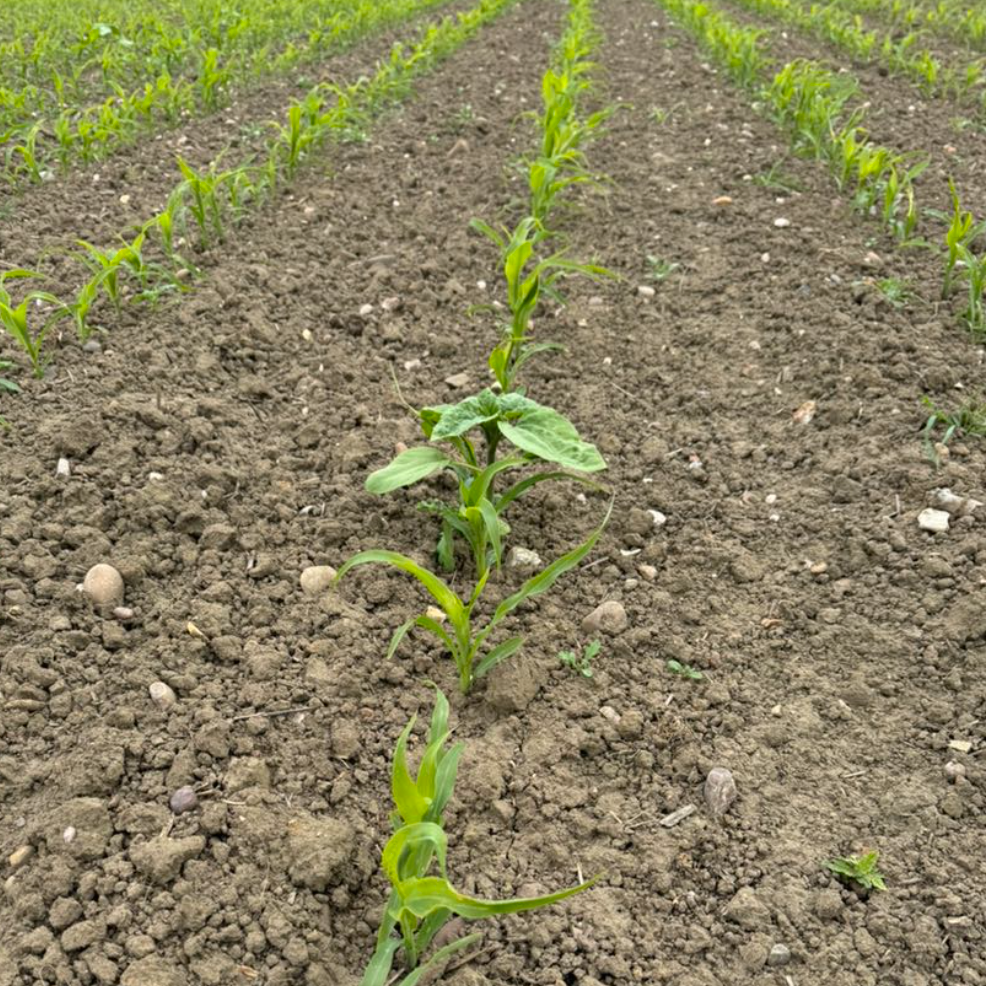
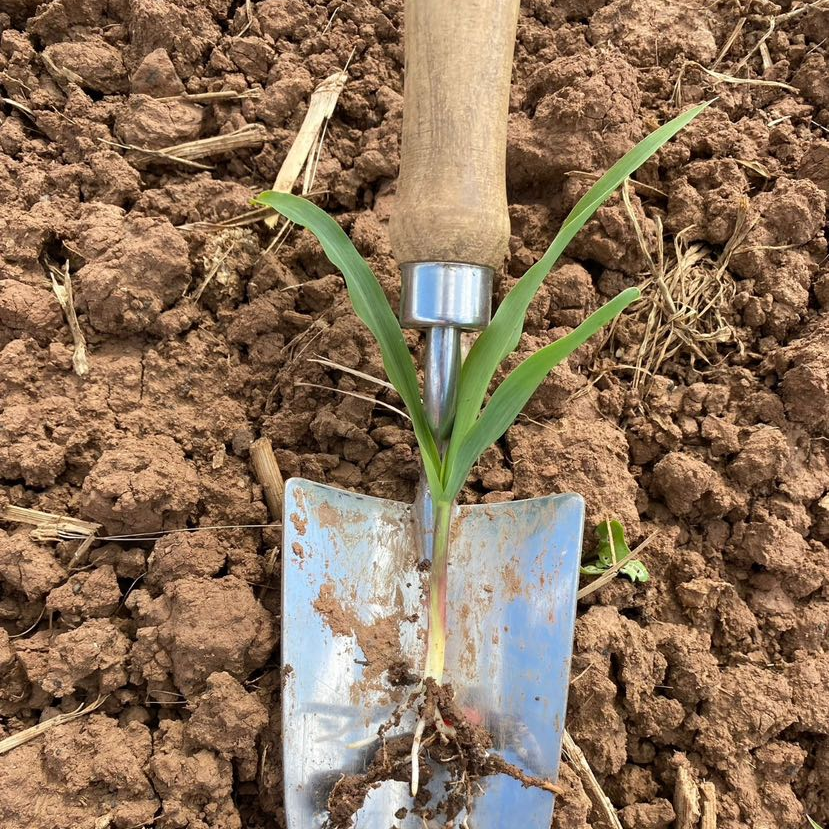
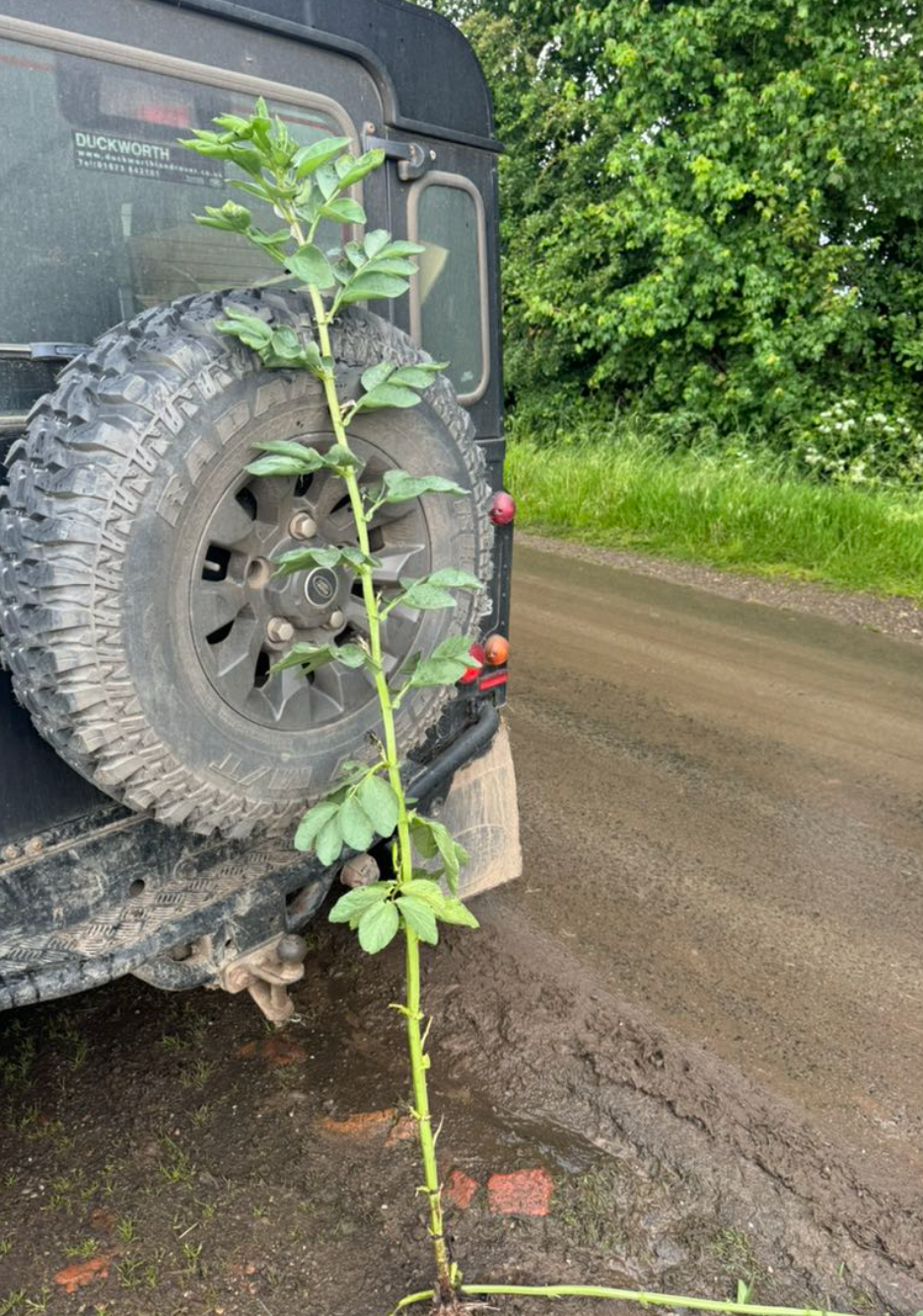
At The Dandelion Hideaway, we are deeply committed to regenerative farming. Our practices include the use of manure to enrich the soil with organic matter and nutrients, cover crops to protect and enhance soil structure, and livestock to naturally manage vegetation and contribute to soil fertility through their waste. These practices help sequester carbon, improve water retention, and reduce the need for synthetic fertilisers and pesticides.
Cover crops, such as vetch and rye, play a crucial role in our farming system. They prevent soil erosion, improve soil fertility, and suppress weeds, creating a healthier growing environment for our primary crops. Additionally, by rotating livestock on our fields, we mimic natural grazing patterns, which promotes diverse plant growth and soil aeration.
Readers Also Liked: 'Springtime Joy: Celebrating A New Addition and Growth at The Dandelion Hideaway'
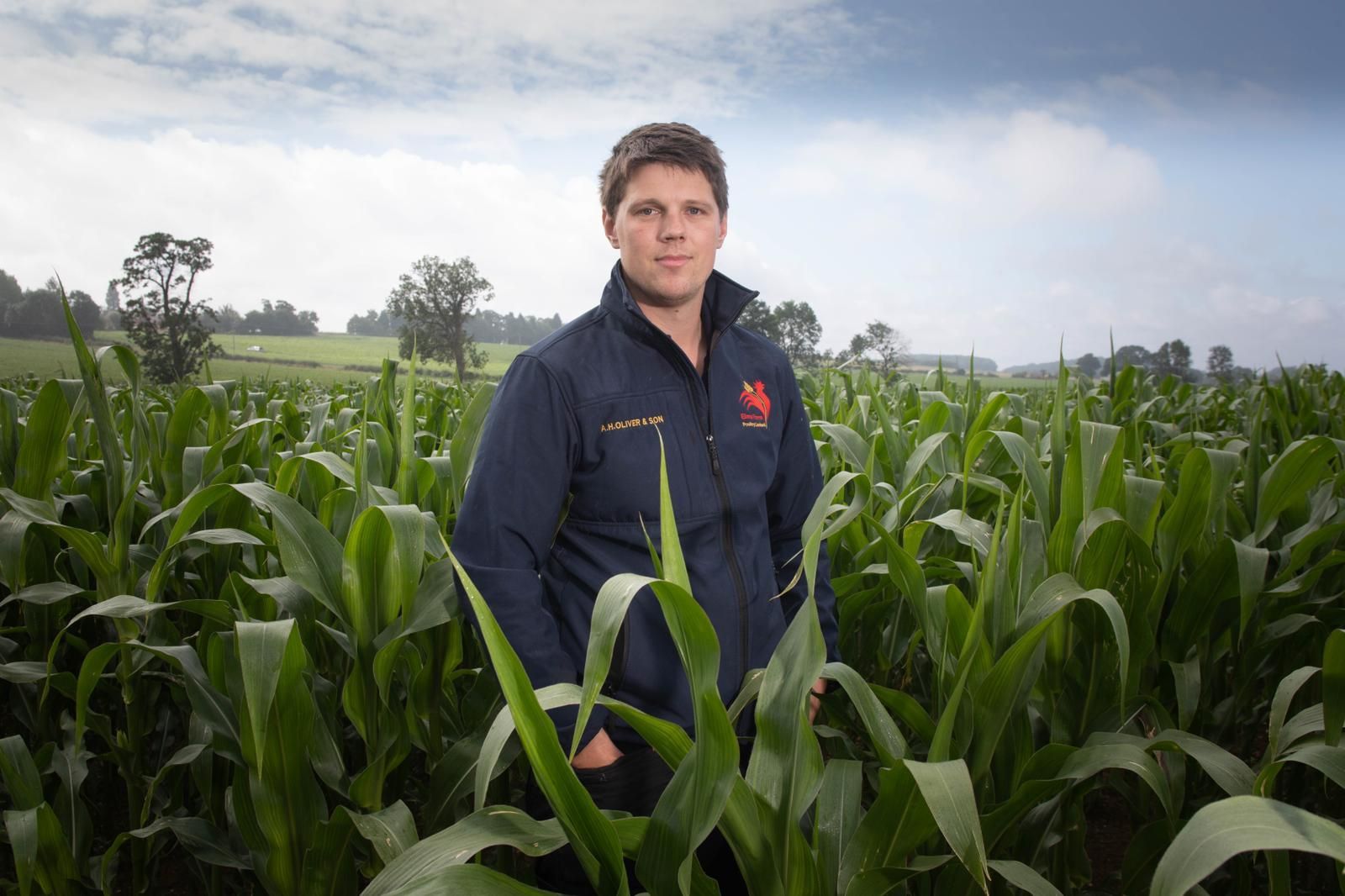
We believe that regenerative farming is not only beneficial for the environment but also for the long-term viability of our farm. It creates a sustainable ecosystem where crops and livestock can thrive together. If you are interested in learning more about our farming practices or have any questions, please do not hesitate to get in touch. We are always eager to share our knowledge and discuss how we can collectively improve our farming methods.
Regenerative farming isn’t new, it is a way of farming the family has been doing for generations. It just seems in recent times that it has been branded with the term “regenerative”.
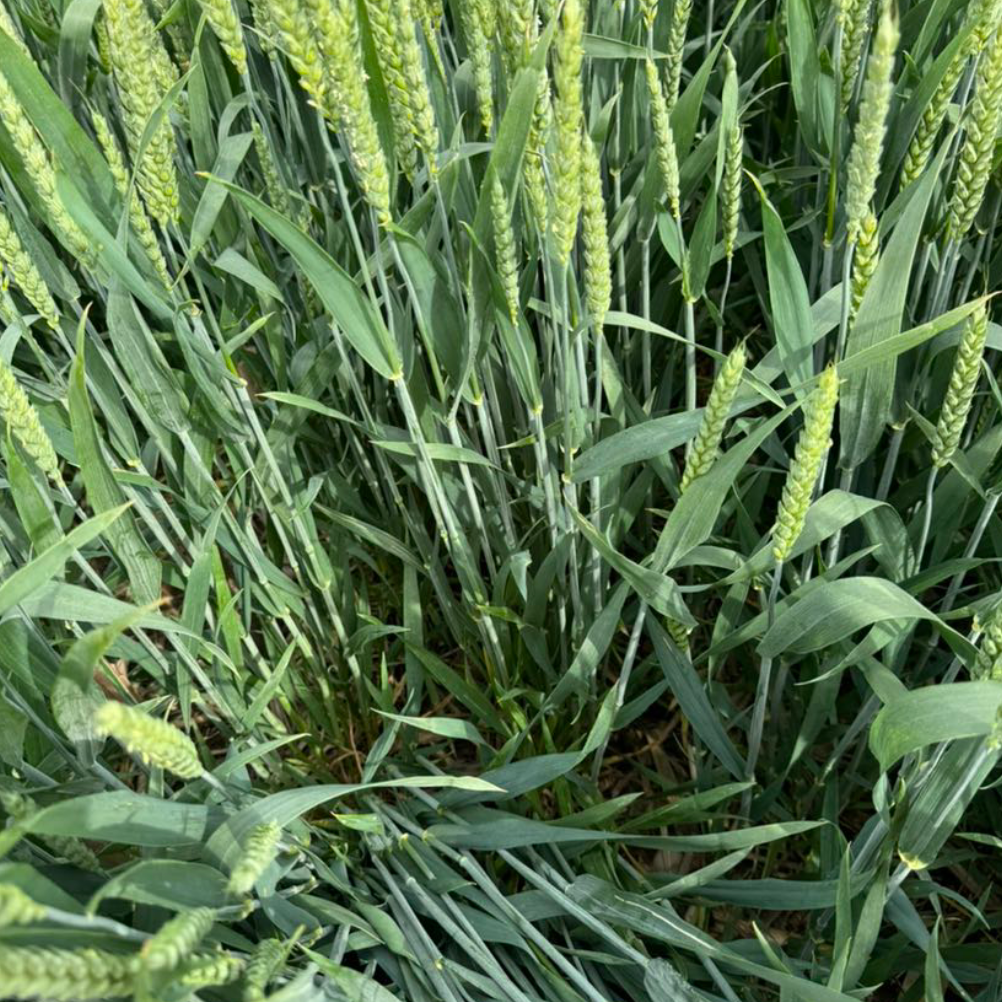
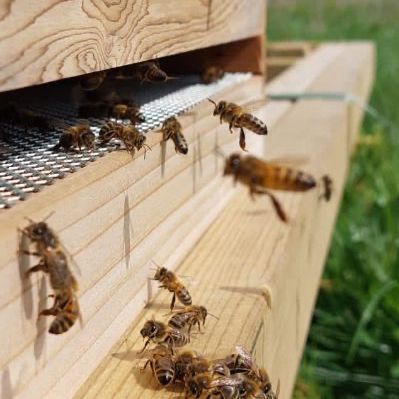
Connect With Us

